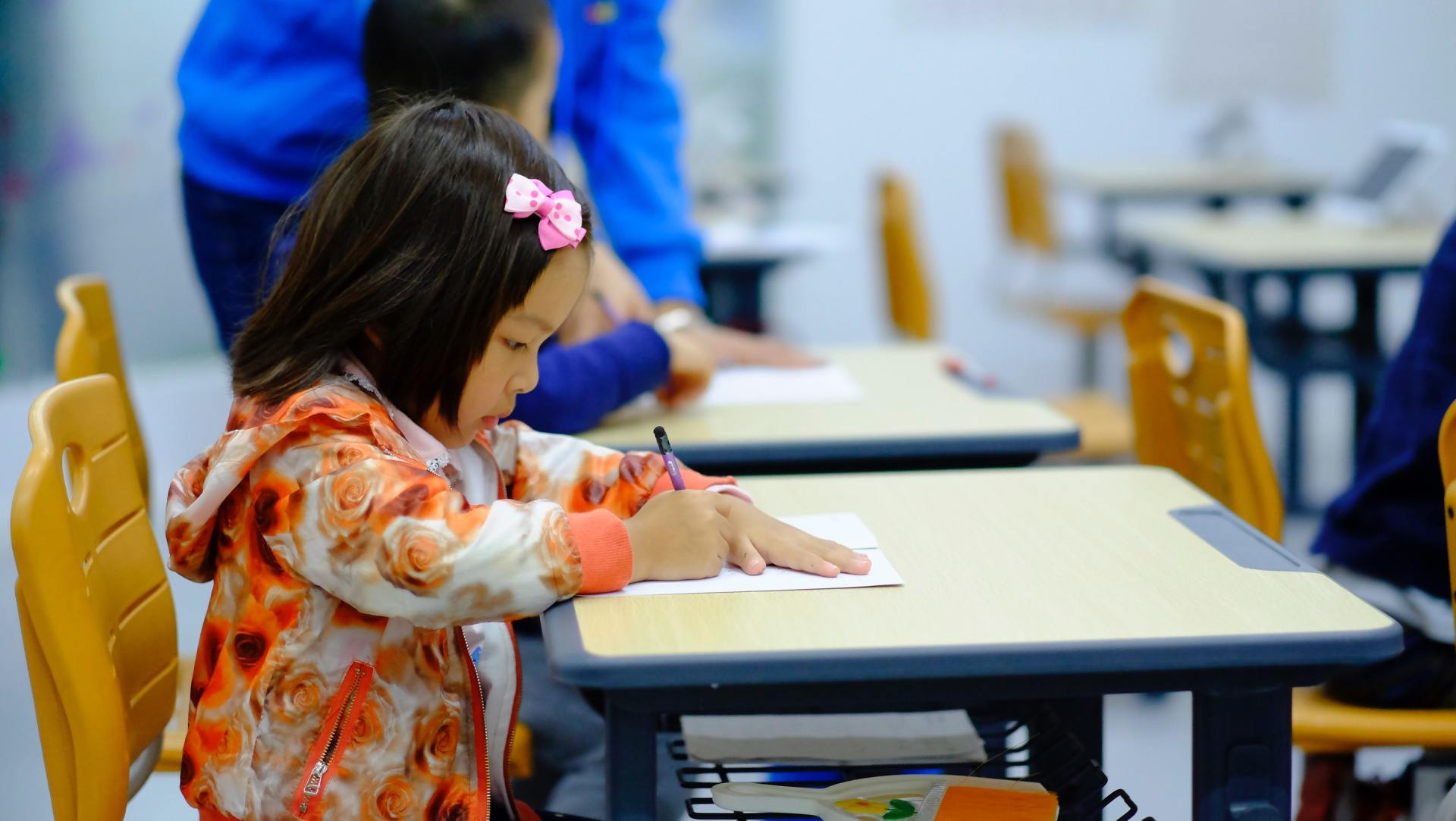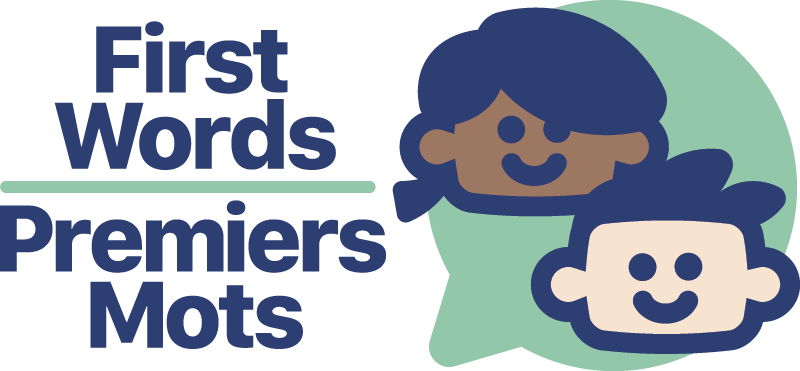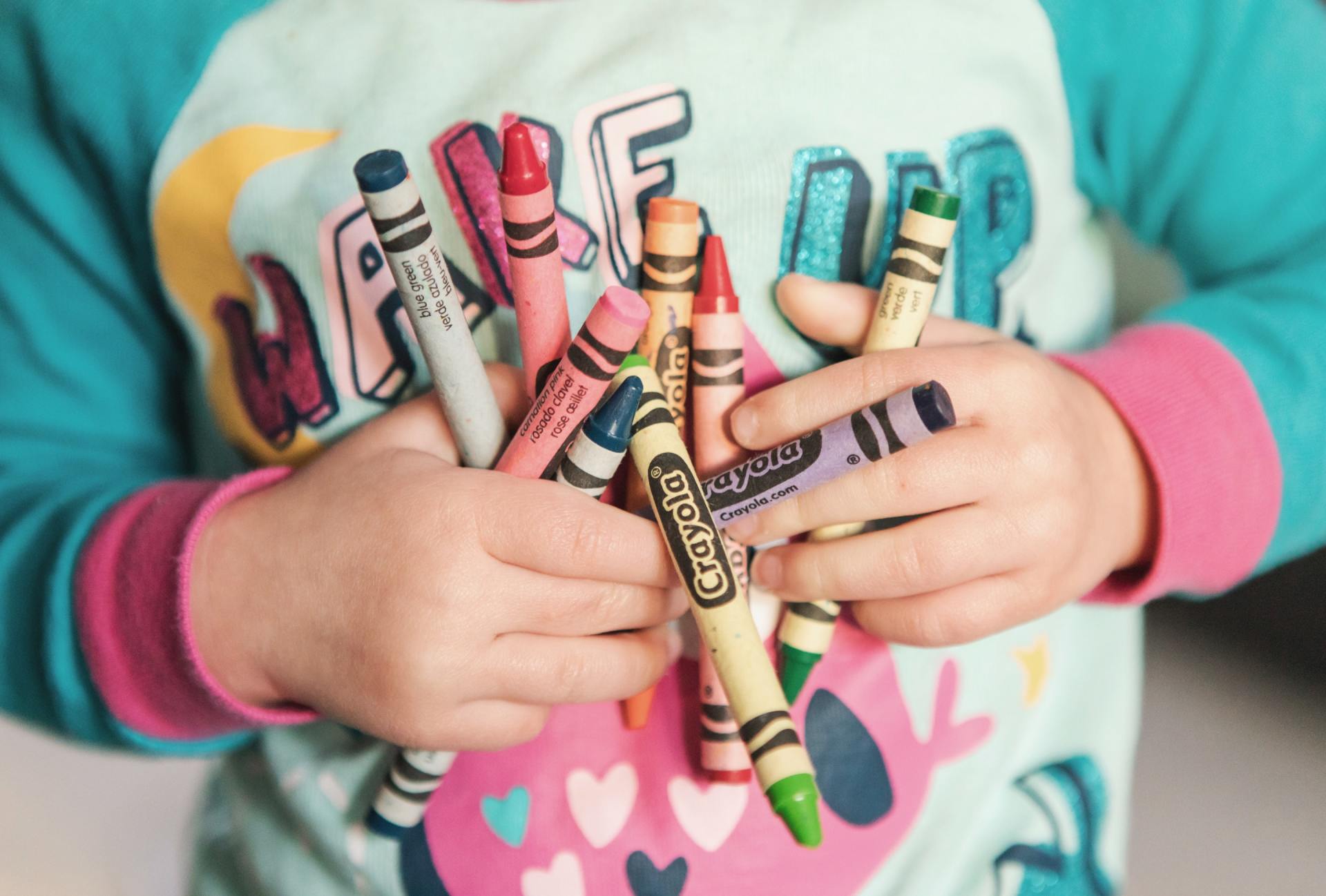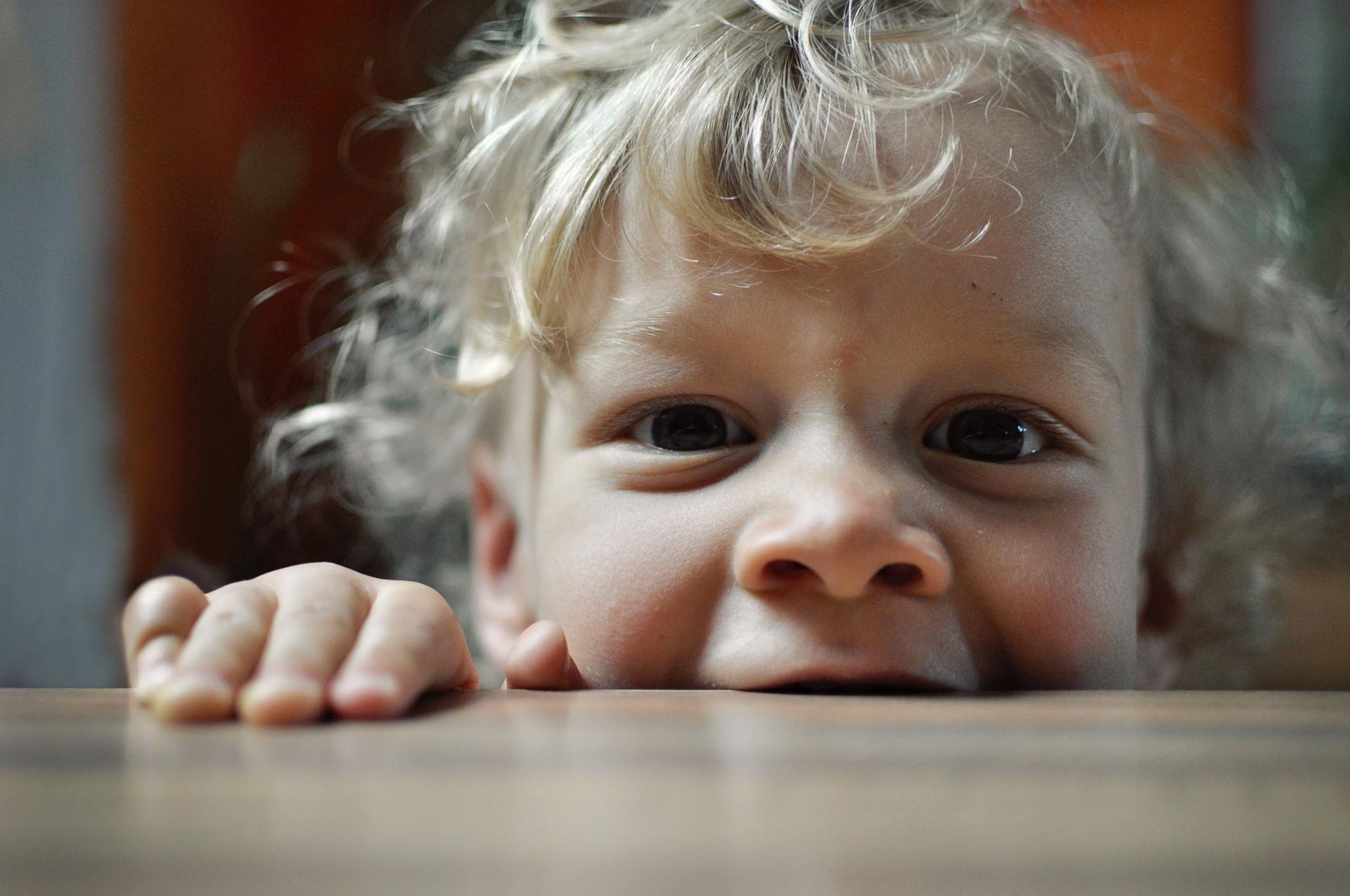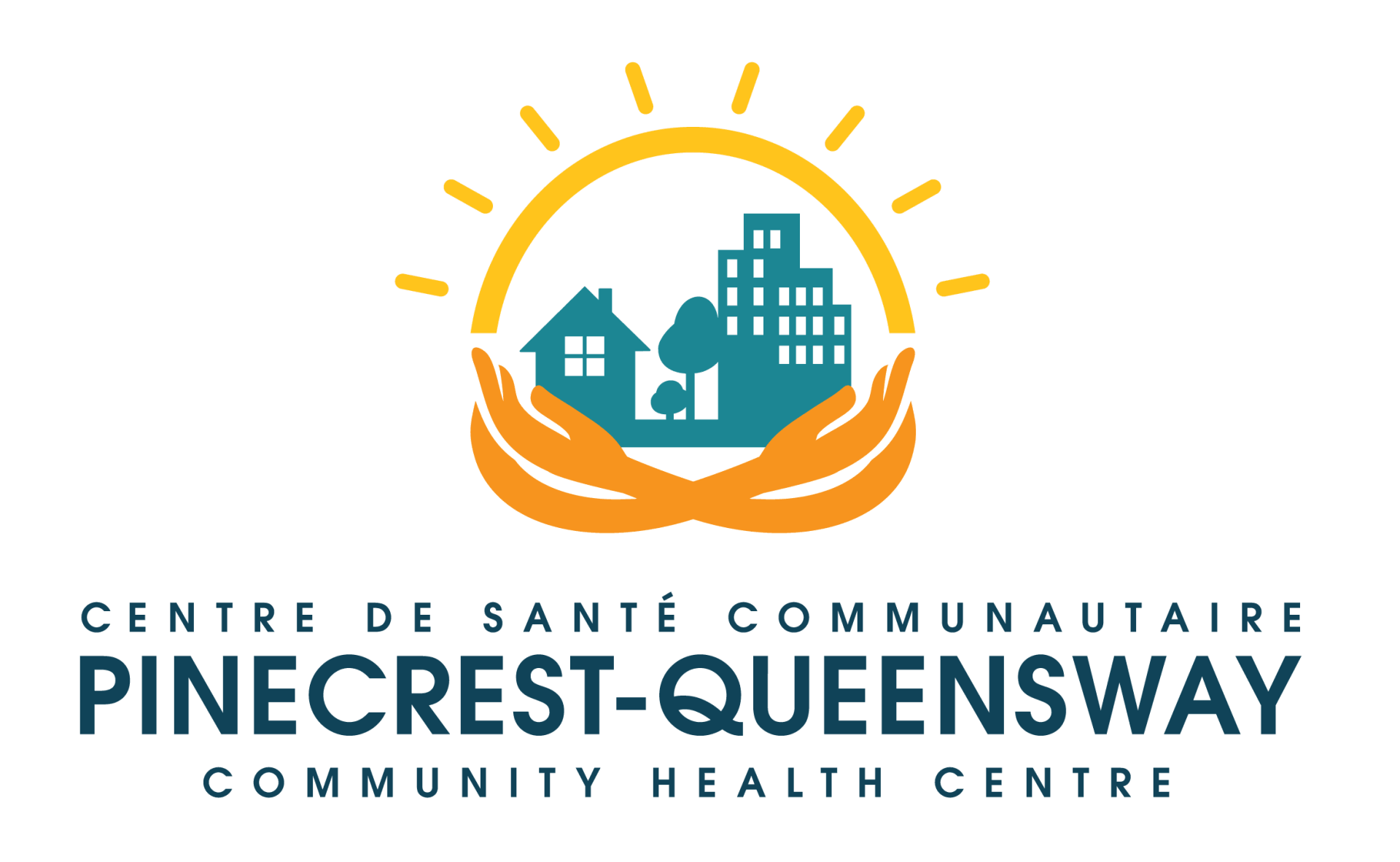Are you concerned about your baby’s speech and language development?
Do babies understand when we talk? Do they understand the meaning of words?
Although young babies don’t understand the meaning of your words, they understand a lot by the way that you touch and hold them. They also learn from the expression on your face, the tone of your voice and the gestures that you make. Remember it is by talking to them
that they learn words. Surround your baby with words when you feed, diaper and play with them.
Do babies recognize their caregivers’ voice?
Babies are able to recognize familiar voices. Babies love to listen to voices and prefer speech to any other sounds.
Do I need to talk to my baby even though they are not really talking yet?
Language grows out of interactions. Babies learn to communicate primarily to connect with other people and have their needs met. At first they may not understand the meaning of all the words we say. Babies learn about sounds and words when we talk to them. They learn about the world by hearing you talk. Children need to hear language to learn language. Talk to your baby often while you are feeding, bathing or changing them.
What if I use “baby talk”? Will this help my child’s speech and language development?
Adults very naturally change their tone of voice and their style of speech when they talk to babies. They use a higher pitch, simple words and sentences, speak more slowly, pause between sentences, and repeat the same phrases over and over. This kind of “baby talk”, also known as “Motherese”, gets baby’s attention and makes it easier for them to understand what the adult is talking about. Adults gradually stop using this special way of talking, as the child gets older and starts communicating more.
On the other hand, using “baby words” – like “a baba’ instead of “a bottle” or “daw-daw” for “dog” do not help the baby learn language. You don’t have to call each breed of dog by its name but you should use the proper word even when you are talking to a baby.
When should my baby say their first words?
Learning to talk is a process that starts at birth. Babies communicate using eye gaze, facial expressions, different cries, sounds and pointing at objects. The first words usually appear at around 12 months of age. If you think your baby is not using language as expected call Ottawa Public Health at (613) 580-6744 or (613) PARENTS or complete our
Communication Checkup
online screening tool.
Will it delay my child’s speech and language development if I use signs and/or gestures?
“Signs and gestures will not discourage babies and children from learning to talk. Research demonstrates that adding gestures to a baby’s repertoire speeds up the process of learning to talk, stimulates intellectual development, enhances self-esteem, strengthens the bond between parent and infant and it leads to better communication.” (Baby Sign) Specific signs or gestures we use (ex: waving, gesture of drinking, pointing) can be added when you talk to your child. But remember, whether you do use signs or not, this will not delay your baby’s language development.
Is it normal if I don’t always understand what my baby is telling me?
Communicating with your baby may be difficult sometimes. You may feel frustrated. Babies communicate in many different ways. They send signals through their body language and sounds. Although your baby’s signals may be difficult to understand it is important to respond. Even if you are wrong, you are letting your baby know that their communications has an impact on others.
What can I do to understand what my baby is trying to tell me?
Wait, look and listen. This will help you read your child’s cues and signals. Remember that 93% of our communication is nonverbal! The remaining 7% is verbal (the words used).
What if my baby does not understand me?
While some babies and young children have trouble understanding words, they may be able to understand a message by the intonation you use. Gestures and signs may also help. To help your baby understand better, you can:
- Simplify - use less words
- Repeat what you have said
- Add gestures or point to the object/person in question
- Slow down
- Use facial expressions and change your intonation
What if my baby is quiet?
Babies are known to babble and play in different ways with their voice until 12 months (when the first words will start to appear). Hearing problems and/or middle ear infections may be one of many factors that account for baby’s infrequent babbling. Even babies and children under the age of 24 months can be identified and receive help for speech and language difficulties. Remember you know your baby best.
Is it ok to use a pacifier? Will this delay my child’s speech?
Babies are born wanting to suck. Some babies even suck their thumb or fingers before they are born. This is a natural behavior. Some authors report that sucking on a pacifier is better than a thumb or finger because it causes fewer problems for future tooth development and controlling the usage of the pacifier is much easier. For more details or information regarding pacifiers consult the
www.caringforkids.cps.ca or the
Canadian Pediatric Society.
